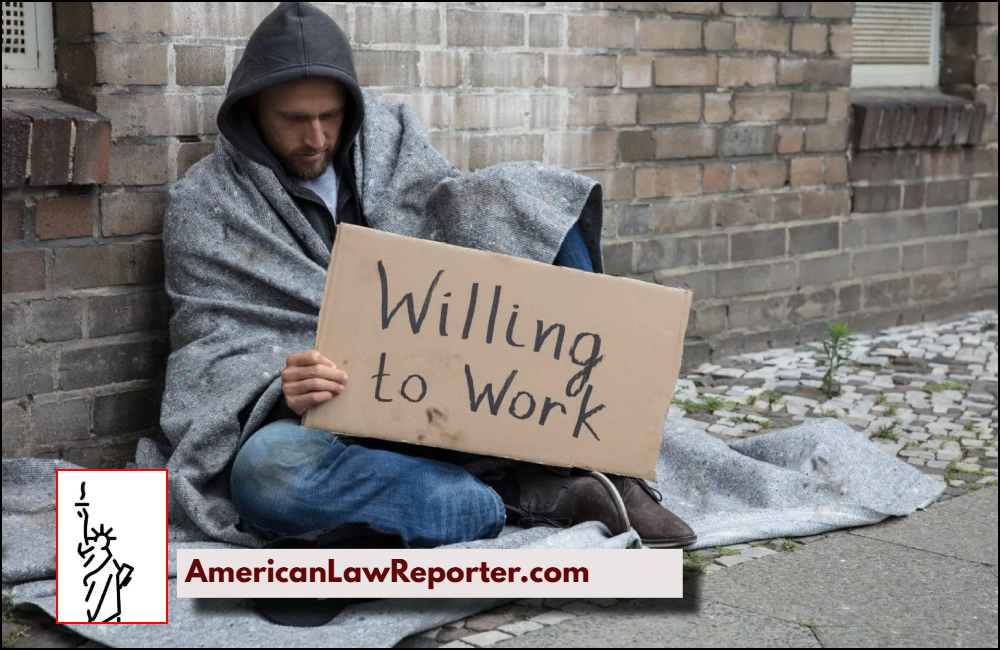Legal experts and civil rights advocates are raising alarms over a new executive order signed by former President Donald Trump, warning that it revives forced institutionalization practices under the guise of “public safety and compassion.”
The order, titled “Ending Crime and Disorder on America’s Streets,” directs sweeping changes to how homelessness, mental illness, and substance use are addressed, calling for an expansion of civil commitment laws, the rollback of due process protections, and the restriction of federal housing support for those who refuse involuntary treatment.
Eliza Orlins, a Manhattan public defender with 15 years of courtroom experience, denounced the order in a viral video post, describing it as “Mass Incarceration 2.0.”
“This executive order is horrifying,” Orlins wrote. “It guts civil rights, criminalizes poverty, and rebrands cruelty as ‘compassion.’ We’ve seen where this leads. Don’t look away.”
Key Provisions: What the Executive Order Does
According to the order’s language and Orlins’ legal analysis, the directive takes aim at longstanding civil protections in several key areas:
- Overturning Court Decisions: The U.S. Attorney General is tasked with challenging federal and state precedents that have protected individuals from involuntary civil confinement, potentially dismantling decades of due process jurisprudence.
- Ending Housing First: The order discontinues support for Housing First policies, which prioritize providing housing without preconditions. Instead, it ties federal housing aid to mandatory treatment, effectively forcing individuals into care they may not want or need.
- Funding Local Crackdowns: It prioritizes federal grants to states and municipalities that enforce bans on urban camping, loitering, and squatting—measures widely viewed as criminalizing homelessness.
- Expanding Civil Commitment Criteria: The definition of who qualifies for civil confinement is broadened to include those who “cannot care for themselves” — a vague standard that legal experts say could sweep in many people in temporary crisis or poverty.
Orlins argues that the order’s real goal is not rehabilitation but removing visibly poor people from public view.
“This is about control, criminalization, and disappearing poverty—not solving it,” she said.
Legal Experts: A Threat to Constitutional Protections
Civil rights lawyers are already examining legal grounds to challenge the executive order, which they say infringes on Fifth and Fourteenth Amendment rights related to liberty, due process, and equal protection.
“This order fundamentally alters the landscape of civil commitment law in the United States,” said a constitutional law professor who asked not to be named. “It weaponizes vague legal standards to detain people without trial, bypassing hard-fought protections against state overreach.”
Legal scholars also noted that the language of the order echoes policies from the pre-1970s era of large state mental institutions, when individuals—often poor, disabled, or addicted—were committed for indefinite periods under flimsy medical justification and with no clear path to freedom.
“Compassion” or Coercion?
While the Trump campaign has framed the initiative as a return to “public order,” many advocates and attorneys see it as a rebranding of coercive state control, couched in the language of mental health reform.
“This is not about treatment. It’s about removing people from sight,” said one civil rights litigator. “If compassion were truly the goal, we’d be investing in affordable housing, mental health services, and voluntary care—not expanding jails and locked wards.”
The order’s provision to tie housing aid to treatment compliance may also face legal scrutiny for violating federal housing law, including protections under the Fair Housing Act and Americans with Disabilities Act.
What Happens Next?
Whether the order can withstand legal challenges in federal court remains to be seen. Several organizations are reportedly reviewing the executive order for potential constitutional violations and preparing lawsuits on behalf of affected individuals.
In the meantime, Orlins and others are urging the legal community to stay alert.
“This isn’t just cruel—it’s calculated,” she warned. “We need to understand exactly what we’re fighting against.”

